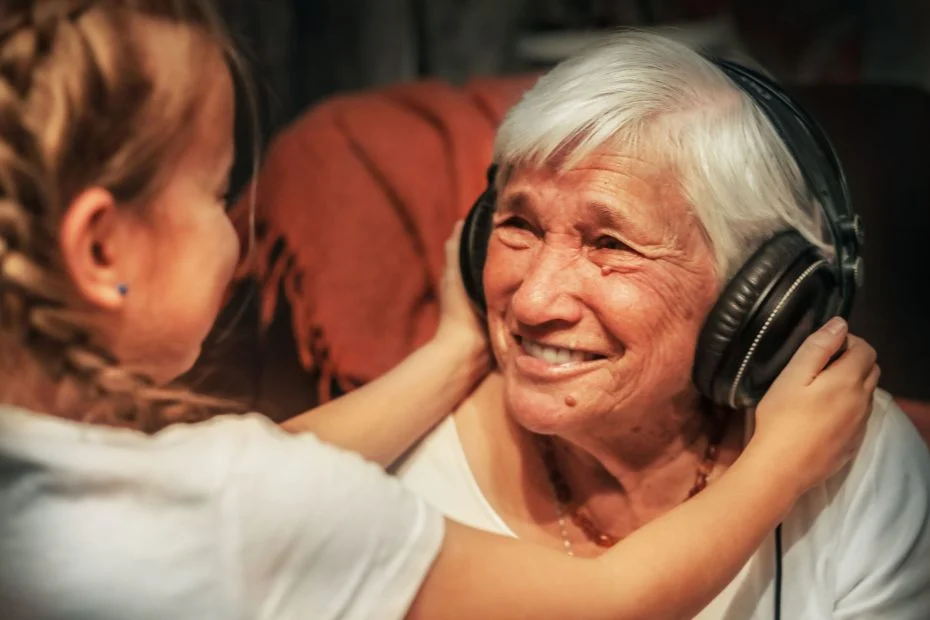
How Regularly Listening to Music from Our Teenage Years Can Transform Dementia Well-being
Music is more than just entertainment – it can be a lifeline to our most cherished memories.
For people living with dementia and memory loss, music from their teenage years has the potential to awaken forgotten moments, bring joy, and strengthen emotional connections. This article explores why music from our past is so powerful, how regular listening can improve wellbeing, and how to easily create a personalised playlist using Music for My Mind’s free Playlist Maker.
Why is music from our past so powerful?
Music has a unique ability to anchor us to our memories, and for people living with dementia, this can be a profound tool for connection and wellbeing. Our own research found that we remember music from our adolescence – specifically ages 13 to 19 – more vividly than music from any other period in life. This phenomenon is known as the reminiscence bump.
During these formative teenage years, our brains are undergoing intense development, and the experiences we have – especially emotional ones like hearing our favourite songs – are more deeply encoded into our long-term memory. These memories tend to stay intact even when other cognitive functions decline, which is why familiar songs from this time can often be recalled even when other memories seem out of reach.
This means that when someone with dementia hears a song from their reminiscence bump, it can trigger positive memories, stimulate conversation, and even lead to visible improvements in mood and awareness.
Over 95% of people living with dementia who regularly use our Playlist Maker say it has a positive impact on mood.
What are the wellbeing benefits of regular listening?
Listening to reminiscence bump music regularly can have meaningful and lasting wellbeing effects for people with dementia. Some of the key wellbeing outcomes include:
• Improved mood – Familiar music can reduce feelings of agitation and anxiety, creating a sense of calm and safety.
• Increased social connection – Music can spark conversation and connection with family, carers, and others, reducing feelings of isolation.
• Better cognitive engagement – Regular listening stimulates parts of the brain linked to memory and emotion, helping to keep minds more active.
• More positive caregiving moments – For carers, music can help create more relaxed, enjoyable interactions and reduce stress levels.
The time of day music is played can also enhance its impact. Playing a personalised playlist:
• In the morning can set a positive tone for the day.
• In the evening can help wind down and reduce symptoms of late-day confusion and anxiety.
• During care routines (like mealtimes or personal care) can reduce resistance and create a calmer environment.
The key is consistency. Just like exercise or medication, music listening is most effective when used regularly over time.
Playlist Maker user Jean’s Story – A Playlist with Power
Jean, a former music teacher and devoted grandmother, was diagnosed with dementia in her 70s. As her memory began to fade, she became quieter and less engaged with her surroundings. That changed when her family discovered the Music for My Mind Playlist Maker.
Jean’s family created a playlist tailored to her teenage years, and the results were immediate. As soon as the familiar notes played, Jean would begin to hum along, tap her fingers, and even start to sing – something she hadn’t done in months.
“The change in her was remarkable. It was like someone turned the light back on,” said her daughter, Claire.
“The change in her was remarkable.
It was like someone turned the light back on.”
Jean’s daily playlist became a cherished part of her routine, giving her a sense of calm and joy while allowing her family to reconnect with her in a new and meaningful way.
With tools like the free Music for My Mind Playlist Maker, it’s easier than ever to create a personalised playlist that can bring daily joy and comfort to someone you care about.
For more information about music and dementia care and to get started creating your playlist, visit our Playlist Maker page.
Create a personalised playlist for someone with dementia
Real-life stories on our blog
Read how Music for My Mind and Cambridge Consultants are using human-centred AI to personalise music for people living with dementia - by detecting emotional responses through facial expressions.
For World Alzheimer’s Month 2025, we’re sharing Stella’s story - a powerful moment of reconnection between a mother with dementia and her daughter through personalised music. It’s never too early - or too late - to create meaningful memories through music.
World Alzheimer’s Month: Watch a playlist transform a life – then create your won https://youtu.be/9KTgAs1sKHs?si=n0AiSD3cY9UJW9jE Playlist Maker users David and Huguette This …
Discover how one fundraiser walked 100km to honour his grandparents and raise over £700 for Music for My Mind - supporting dementia care through the power of personalised music and memory.


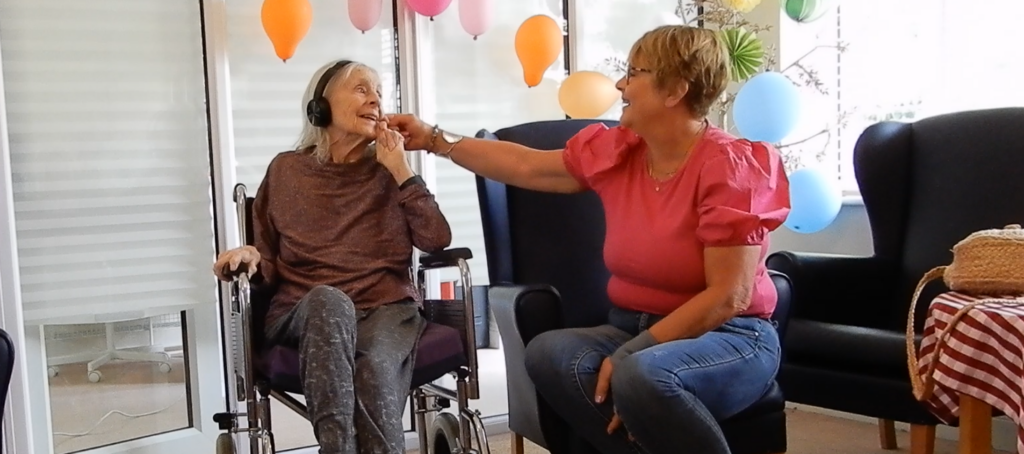
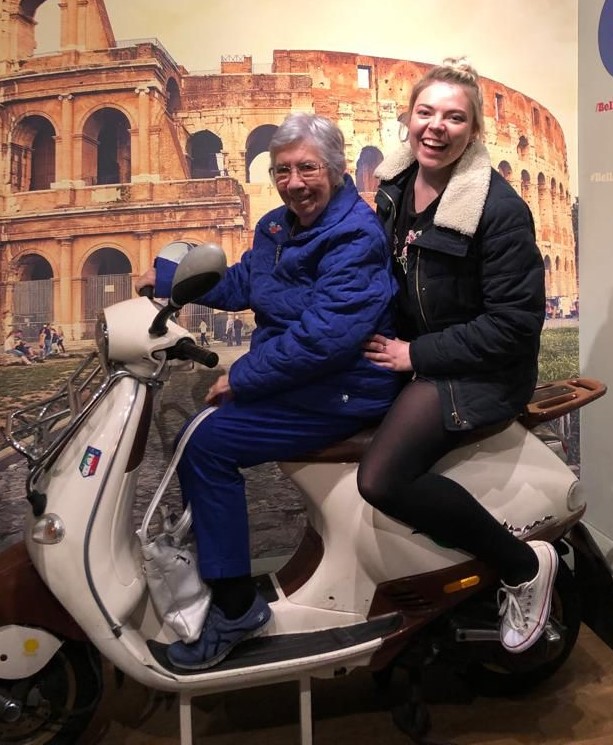
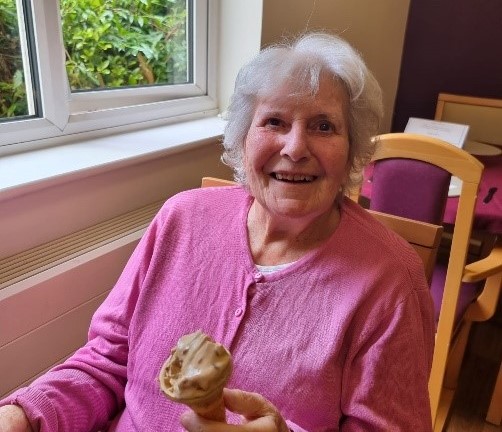


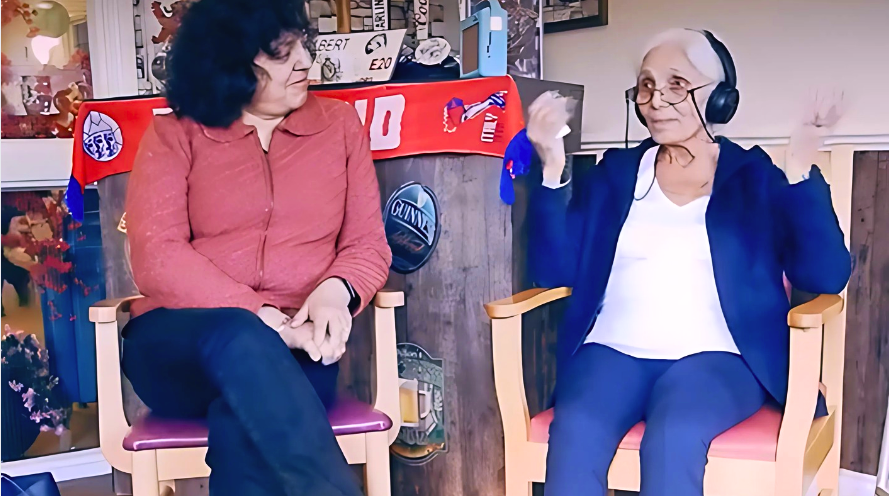



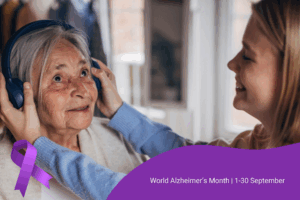


No comment yet, add your voice below!